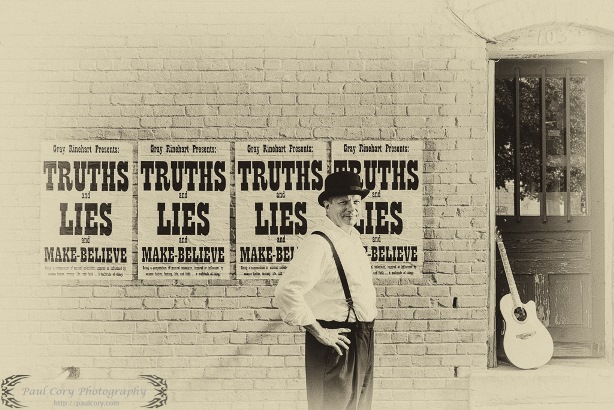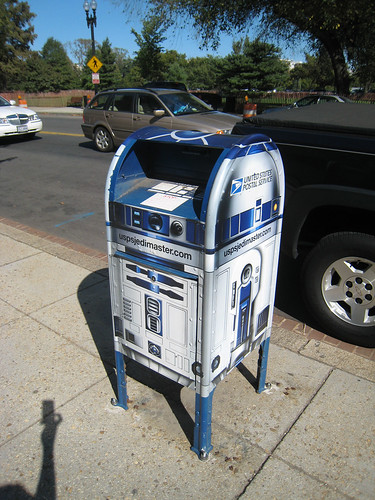So, I was “unfriended” by someone on Facebook yesterday.
Those readers who have dealt with me on the Book of Faces probably aren’t surprised, since I can be even more of a jerk online than I am in real life. But it took me by surprise.
A little context: The gentleman (whom I like and am happy to consider a friend, though I suppose it’s more like we’re just acquaintances now) posted a graph showing an international comparison of the U.S. and a couple dozen other rich nations. He didn’t originate the graph, he “shared” it, so I was surprised by his reaction when I questioned the mathematical choices of the people who put it together.
(As an aside, I should explain that it seemed to me that the graph was contrived to make the U.S. look bad, since we were next-to-last in the select group of nations. I withheld that judgment. I also had questions about the actual data presented, including what operational definitions had been used and whether they were consistent across all the nations represented; from research I’ve done, I understand this can be a problem with international comparisons.)
I was most curious about why the researchers had selected “50% of the median household income” as the cutoff point for the comparison. Knowing the median value of a data set — the middle value when all the data are arranged in ascending order — can be useful, but less so when the mean (the arithmetic average) is not presented, but I wondered specifically why 50% of the median was significant.
So I asked the question. I didn’t phrase it as a question, which was probably a mistake; instead, I said something along the lines of “someone will need to explain to me why it makes sense to use 50% of the median.”
What followed was a confusing illustration of the fragile bonds of social media.
My correspondent posted a couple of links purported to show that the value in question was some kind of standard for defining poverty. Even if that were true — I eventually found other references that showed alternative values — one of the references had nothing to do with median income, and neither explained the rationale behind selecting the specific fraction of the median.
So I asked the question again — and in the form of a question this time. I asked why 50% of the median was selected, as opposed to 50% of the mean, or 50% of the mode, or some other percentage of the median. I hoped that someone who saw the exchange might be able to answer the question.
Instead, the next time I tried to look at the thread I found that I no longer had access to it. Following up, I discovered that he had terminated our FB friendship.
Surprised at his reaction, I contacted him off-line — because I’m just that kind of jerk — and apologized if I had offended him. The details of our subsequent exchange are unimportant, but suffice it to say that I got the impression that he had grown tired of my questioning (let alone challenging) sources he considered unassailable.
I wondered, in all of this, about my own motivation when posting particular news items or research results. Do I do so for the “echo chamber” effect, to collect “likes” and positive comments from friends who think the way I do? If I claim to do it in hope that it might educate or enlighten friends who think differently, am I fooling myself? Do I really post such things for the “poke ’em in the eye” effect? And, no matter my motivation, should I be surprised that provoking thought might lead to provoking responses, including responses that disagree with my own?
I am still disappointed that my question about the statistic wasn’t answered, and my own brief research into the matter hasn’t been very enlightening. But I’m even more disappointed that asking the question wasn’t met with a simple, “Hey, I don’t know, you’ll have to ask someone else” but instead was given the coldest of shoulders. Because if we can’t ask questions and engage in a sincere give-and-take, how can we expect to learn?


















